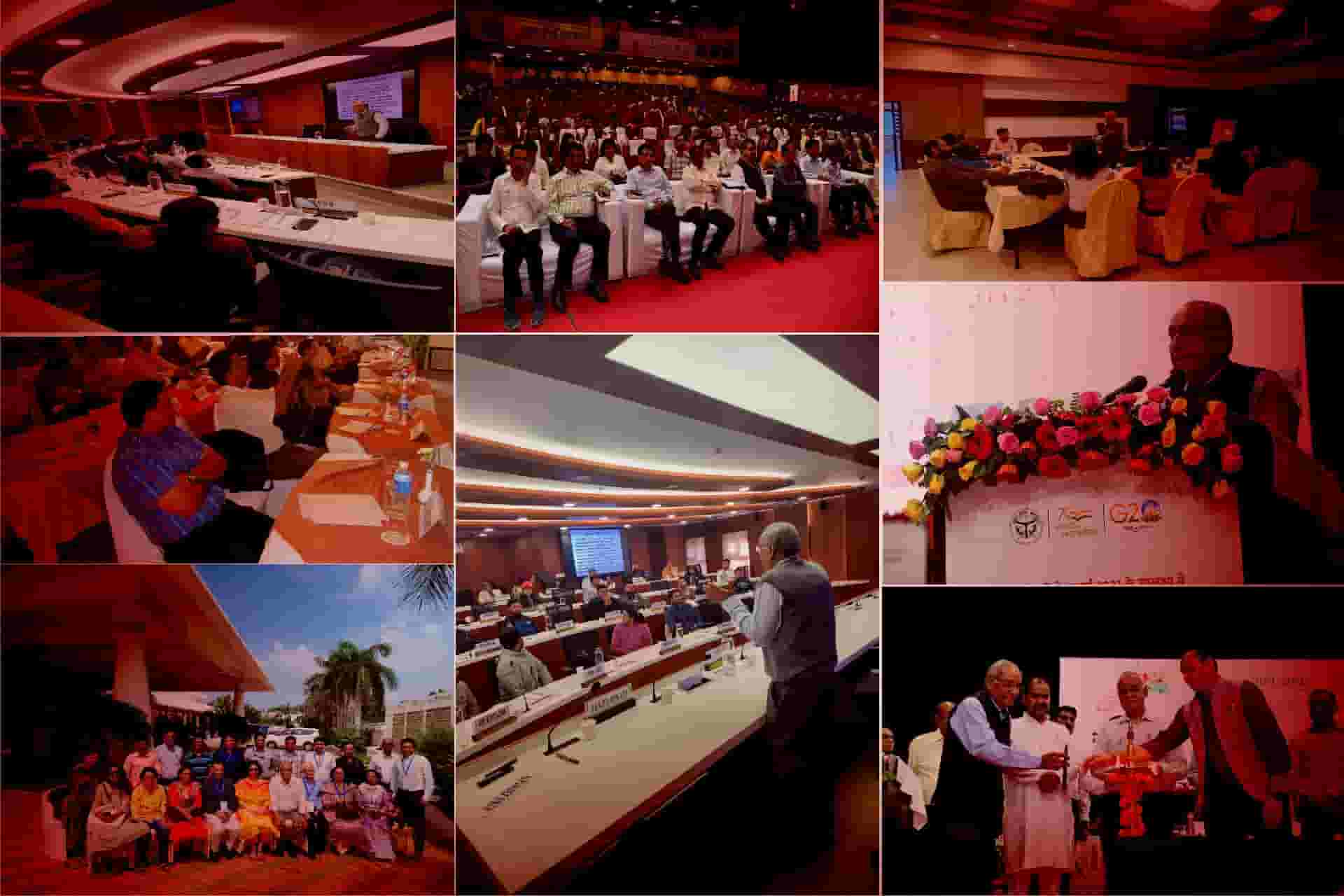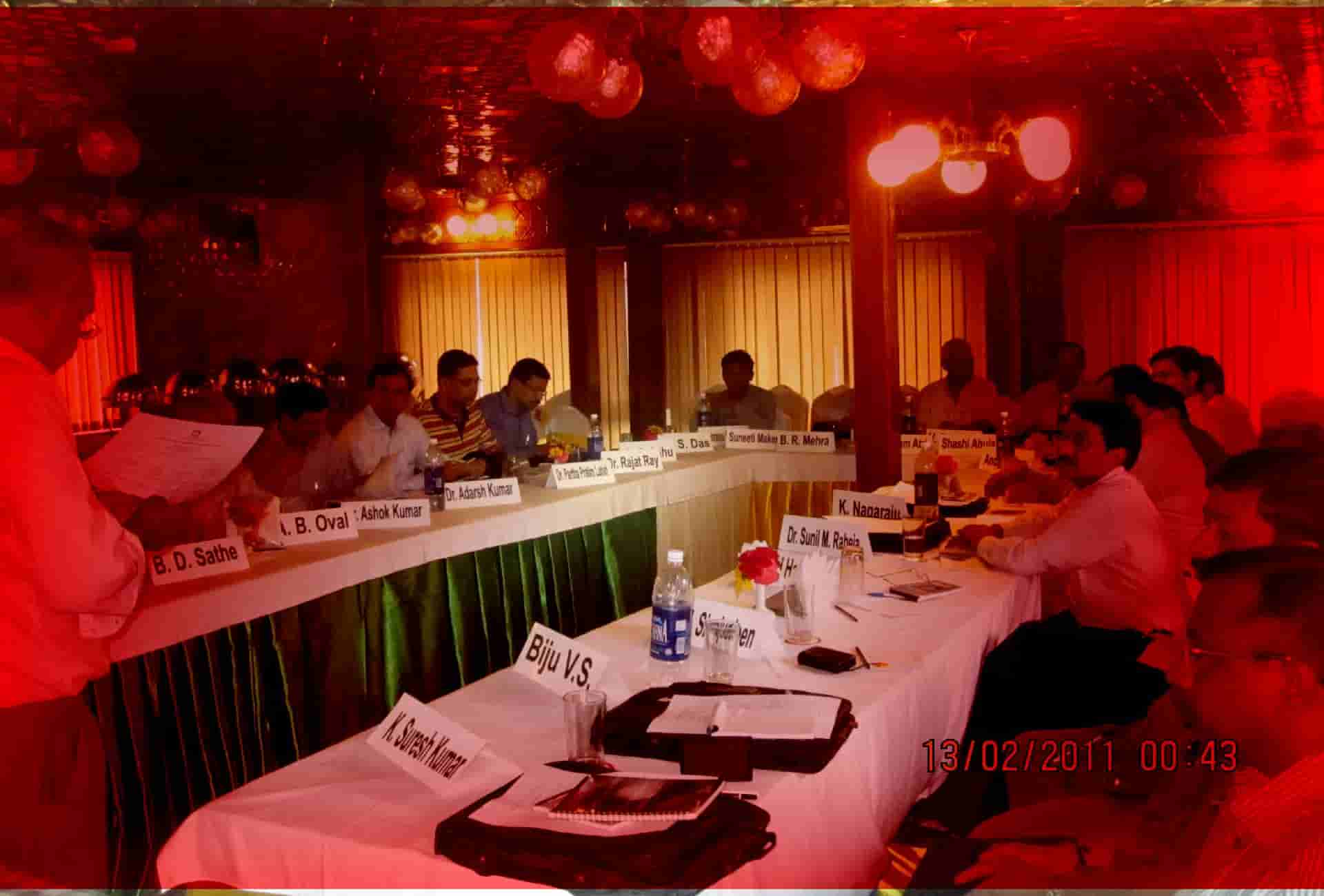Consultancy services offer a multitude of benefits to organizations by providing expert advice, specialized knowledge, and innovative solutions. Here are some of the key advantages of utilizing consultancy services:

Benefits of Consultancy
Benefits to Organizations:
- Expertise and Specialized Knowledge:
- Consultants bring in-depth knowledge and expertise in specific fields, offering insights that may not be available within the organization.
- Their specialized skills help address complex issues and implement best practices.
- Objective Perspective:
- Consultants provide an unbiased, external viewpoint, helping organizations identify problems and opportunities that internal teams might overlook.
- Their objective analysis leads to more effective decision-making and strategy development.
- Cost Efficiency:
- Hiring consultants on a project basis can be more cost-effective than employing full-time specialists.
- Organizations can access high-level expertise without the long-term financial commitment of additional salaries and benefits.
- Increased Focus on Core Business:
- By outsourcing specific projects or problems to consultants, organizations can focus on their core business activities.
- This allows internal teams to concentrate on what they do best, improving overall productivity.
- Access to Industry Best Practices:
- Consultants stay up-to-date with the latest trends, technologies, and regulatory changes in their fields.
- They can introduce industry best practices and innovative approaches to enhance organizational performance.
- Speed and Efficiency:
- Consultants can quickly diagnose issues and implement solutions due to their experience and expertise.
- Their focused approach ensures that projects are completed on time and within budget.
- Temporary Expertise for Specific Projects:
- Organizations can bring in consultants for specific projects or periods, providing flexibility and scalability.
- This is particularly beneficial for short-term projects or when specialized skills are temporarily required.
- Change Management:
- Consultants assist in managing organizational change, including restructuring, mergers, and acquisitions.
- They provide strategies and support to ensure smooth transitions and minimize disruptions.
- Enhanced Innovation:
- Consultants bring fresh ideas and innovative solutions to address business challenges.
- Their diverse experience across various industries fosters creativity and out-of-the-box thinking.
- Risk Mitigation:
- Consultants help identify potential risks and develop strategies to mitigate them.
- Their experience in similar projects and industries enables them to foresee challenges and prepare accordingly.
Benefits to Employees:
- Skill Development:
- Employees can learn from consultants through knowledge transfer and training sessions.
- This enhances their skills and competencies, contributing to personal and professional growth.
- Improved Processes:
- Consultants help streamline processes and improve operational efficiency.
- Employees benefit from better tools, methodologies, and workflows, making their jobs easier and more efficient.
- Enhanced Collaboration:
- Working with consultants can foster collaboration and knowledge sharing between internal teams and external experts.
- This leads to a more cohesive and informed workforce.
- Exposure to New Ideas:
- Consultants introduce new perspectives and approaches, expanding employees’ understanding of industry trends and practices.
- This exposure can inspire innovation and continuous improvement within the organization.
Overall Benefits:
- Strategic Planning:
- Consultants assist in strategic planning and business development, providing guidance on market entry, expansion, and growth strategies.
- Their insights help organizations navigate competitive landscapes and achieve long-term objectives.
- Enhanced Competitiveness:
- By implementing consultant-recommended strategies and practices, organizations can gain a competitive edge.
- Improved efficiency, innovation, and performance contribute to better market positioning.
- Measurable Results:
- Consultants often work on specific outcomes, ensuring that their impact is measurable and aligned with organizational goals.
- Organizations can track the return on investment (ROI) from consultancy projects through improved metrics and performance indicators.
- Crisis Management:
- During times of crisis, consultants provide critical support and expertise to manage and resolve issues effectively.
- Their experience in handling similar situations helps stabilize the organization and guide it through recovery.
In summary, consultancy services offer significant benefits by providing expert knowledge, objective perspectives, and innovative solutions. They help organizations improve efficiency, enhance competitiveness, and achieve strategic goals, while also contributing to employee development and organizational resilience.




























